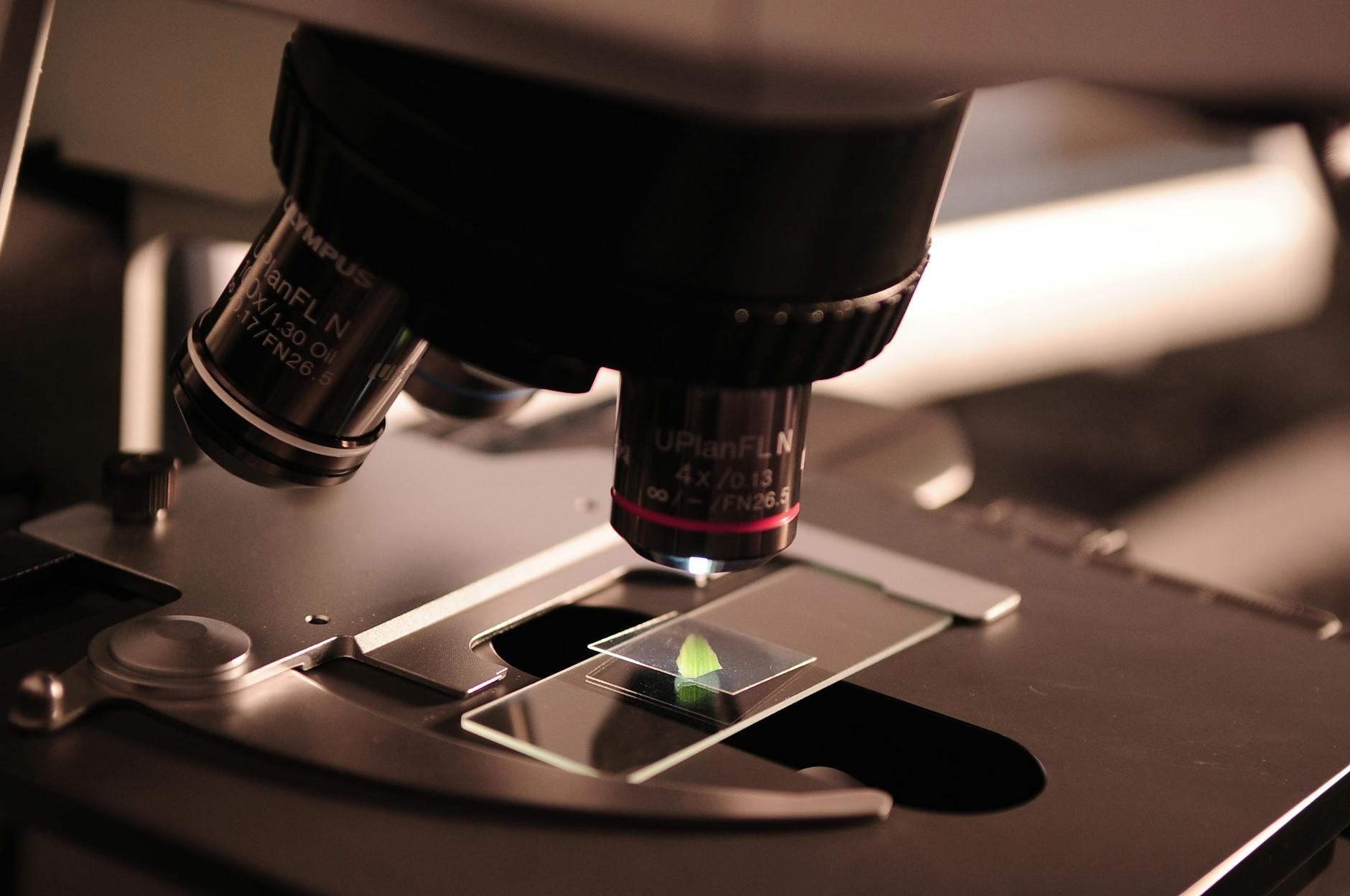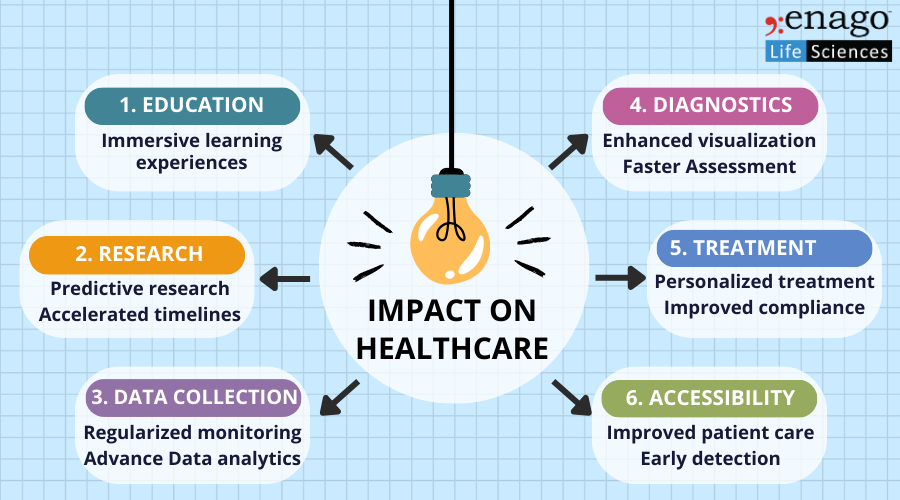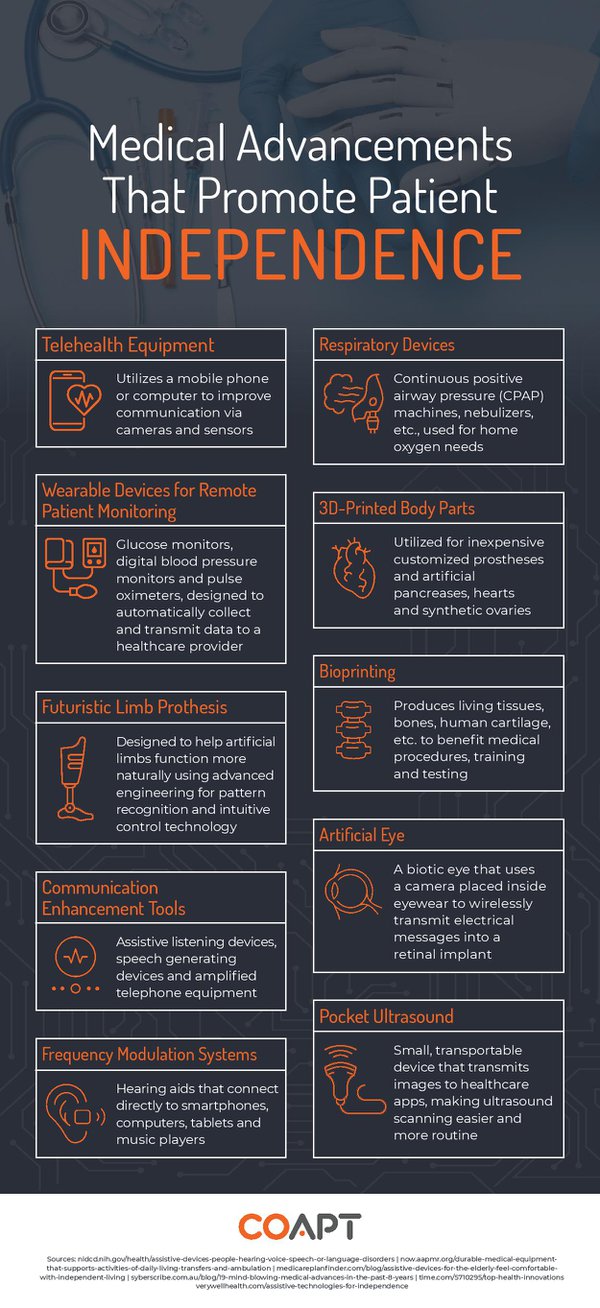From mind-controlled robotic limbs to growing organs in the lab, explore the astounding breakthroughs shaping the future of medicine.

Image courtesy of Pixabay via Pexels
Table of Contents
- Driving Forces Shaping the Medical Research Landscape
- Empowering Precision Medicine: Genomics and Personalized Treatment
- Reversing the Irreversible: The Promise of Stem Cell Therapy
- Targeted Therapies: Harnessing the Power of Immunotherapy
- Artificial Intelligence Revolutionizing Healthcare
- Tech-Driven Innovations: Wearables and Remote Monitoring
- The Power of Data: Big Data Analytics in Healthcare Research
- Breakthroughs on the Horizon: Emerging Trends in Medical Research
- Conclusion
What if diseases could be treated with personalized therapies tailored specifically to your own genetic makeup? Or if regenerating damaged organs became a reality? How about an immune system that fights cancer on its own? These incredible possibilities are no longer confined to the realm of science fiction. Thanks to groundbreaking medical research, the future of healthcare holds unimaginable promise.
Driving Forces Shaping the Medical Research Landscape
Technological advancements, increased collaboration, and government support are the driving forces behind the extraordinary progress in medical research. The convergence of these factors has paved the way for remarkable breakthroughs that were once considered impossible.
Empowering Precision Medicine: Genomics and Personalized Treatment
The completion of the Human Genome Project in 2003 marked a turning point for precision medicine. Genomics, the study of an individual’s genes and their interaction with the environment, has opened doors to tailored treatments based on a person’s genetic profile. This revolutionary approach has shown exceptional promise in the treatment of cancer and rare diseases, bringing us closer than ever to truly personalized medicine.
Reversing the Irreversible: The Promise of Stem Cell Therapy
Stem cell therapy, the use of undifferentiated cells that can develop into different cell types, has the potential to reverse the irreversible. Researchers are exploring its applications in regenerative medicine, organ transplantation, and neurodegenerative diseases such as Parkinson’s and Alzheimer’s. Although hurdles and ethical considerations exist, the transformative power of stem cell therapy cannot be understated.

Image courtesy of lifesciences.enago.com via Google Images
Targeted Therapies: Harnessing the Power of Immunotherapy
Immunotherapy harnesses the power of the immune system to fight diseases, particularly cancer. Recent advancements in immunotherapy have revolutionized cancer treatment, offering hope to previously untreatable cases. This approach has also shown promise in tackling autoimmune diseases and infectious diseases, indicating a new era in healthcare where the body’s own defenses become our most formidable weapon.
Artificial Intelligence Revolutionizing Healthcare
Artificial intelligence (AI) is not only changing the way we live; it is revolutionizing healthcare as well. AI and machine learning algorithms have shown the capacity to enhance diagnosis and treatment options by identifying patterns that humans can often miss. From identifying early signs of diseases to predicting patient outcomes, the potential of AI in healthcare is staggering. However, we must navigate ethical considerations and ensure responsible use to fully benefit from this technology.

Image courtesy of www.linkedin.com via Google Images
Tech-Driven Innovations: Wearables and Remote Monitoring
Wearable technology and remote monitoring are becoming integral components of healthcare. With the integration of wearables into patient care, individuals have access to real-time data about their health, promoting proactive and preventive care. Remote monitoring solutions enable healthcare professionals to monitor patients with chronic diseases, allowing for timely interventions and reducing hospital visits. These innovations not only improve patient outcomes but also empower individuals to actively participate in their own care.
The Power of Data: Big Data Analytics in Healthcare Research
Big data analytics has the power to transform healthcare research. By analyzing vast amounts of medical data, through predictive analytics and real-time monitoring, researchers can gain valuable insights into diseases, improve treatment options, and revolutionize healthcare as a whole. However, it is crucial to address privacy concerns and ensure the security of patient data for these advancements to be successful.

Image courtesy of www.med-technews.com via Google Images
Breakthroughs on the Horizon: Emerging Trends in Medical Research
Looking to the future, several emerging trends show immense potential in medical research. Nanotechnology, with its ability to deliver drugs directly to targeted areas, has the potential to revolutionize drug therapies and reduce side effects. Exploring the human microbiome, the collection of microorganisms living on and within us, opens up opportunities for enhancing overall health and understanding many diseases. Lastly, CRISPR gene editing, a precise and efficient tool, is transforming genetic research and may hold the key to curing genetic disorders.
Conclusion
The future of medicine is filled with awe-inspiring possibilities. Genomics, stem cell therapy, immunotherapy, AI, wearables, big data analytics, and emerging trends are shaping the landscape of healthcare. Through these advancements, we move closer to a world where treatments are personalized, previously incurable diseases become treatable, and diseases are prevented before they even arise. To make these promises a reality, continued investment and support for medical research are vital. Together, we can unlock the extraordinary potential that the future of medicine holds, improving the lives of countless individuals worldwide.
